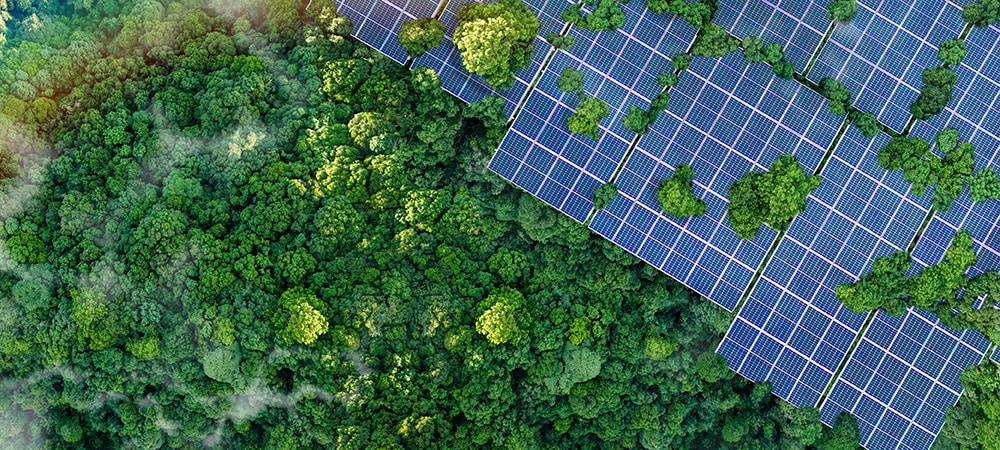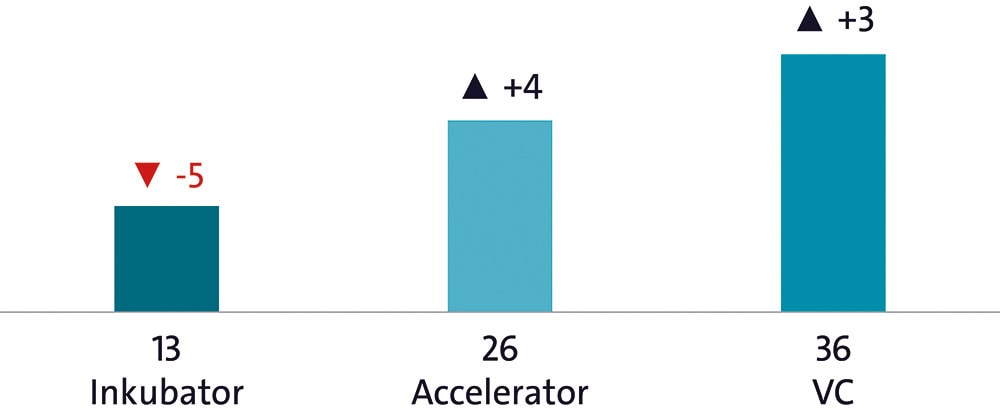Start-ups with strategic importance


The study makes it clear that programs focused on more market-ready start-ups such as accelerators, venture capital and cooperation programs set the tone. The trend topics of artificial intelligence (AI), health & life sciences and the circular economy dominate.
The eighth edition of the Start-up and Innovation Monitor, published by the digital consultancy Valantic, describes current financing and cooperation models, analyzes framework conditions, evaluates the trend and focus topics of 2025 and provides useful practical tips for your own use. It is based on the analysis of numerous company reports and personal interviews.
Accelerators instead of incubators
An exciting result: The new study shows a change within the program landscape. Incubators are becoming less important as drivers of innovation (-8), while VCs (+9) and accelerators (+3) are gaining in importance. In comparison, there are currently only a few incubators in the indices surveyed (19). The DAX dominates: With 75 company-owned programs, DAX corporations account for the largest share, followed by the SMI (25), MDAX (20) and ATX (11). Around 75 percent of DAX companies have at least one innovation program of their own - in the MDAX the figure is only 26 percent.

Overview of company-owned incubators, accelerators and VCs in the DAX.
SAP, Porsche and Mercedes
Cooperation programs on the rise: cross-company initiatives increased by nine percent. The significant increase in the DAX is due in particular to newly developed programs. New additions include the Breaking Barriers X Innovation Lab, which specializes in brand and retail, and the Siemens for Start-ups programme, which addresses sustainability, climate and energy issues.
At the same time, established programs remain active, including UnternehmerTUM, which is supported by 13 companies, and de:hub, in which companies such as Adidas, BASF, Deutsche Telekom, Porsche, SAP, Siemens Healthineers and the Volkswagen Group are involved. Porsche and SAP are particularly involved, participating in eight cooperation programs. Trade tariffs, inflation and geopolitical tensions are dampening willingness to invest. Key geopolitical influences include the ongoing war in Ukraine and the current policies of the United States, which are causing uncertainty. At the same time, the European Green Deal is opening up new opportunities, particularly in sustainability and the circular economy.
Continue to the partner entry:







